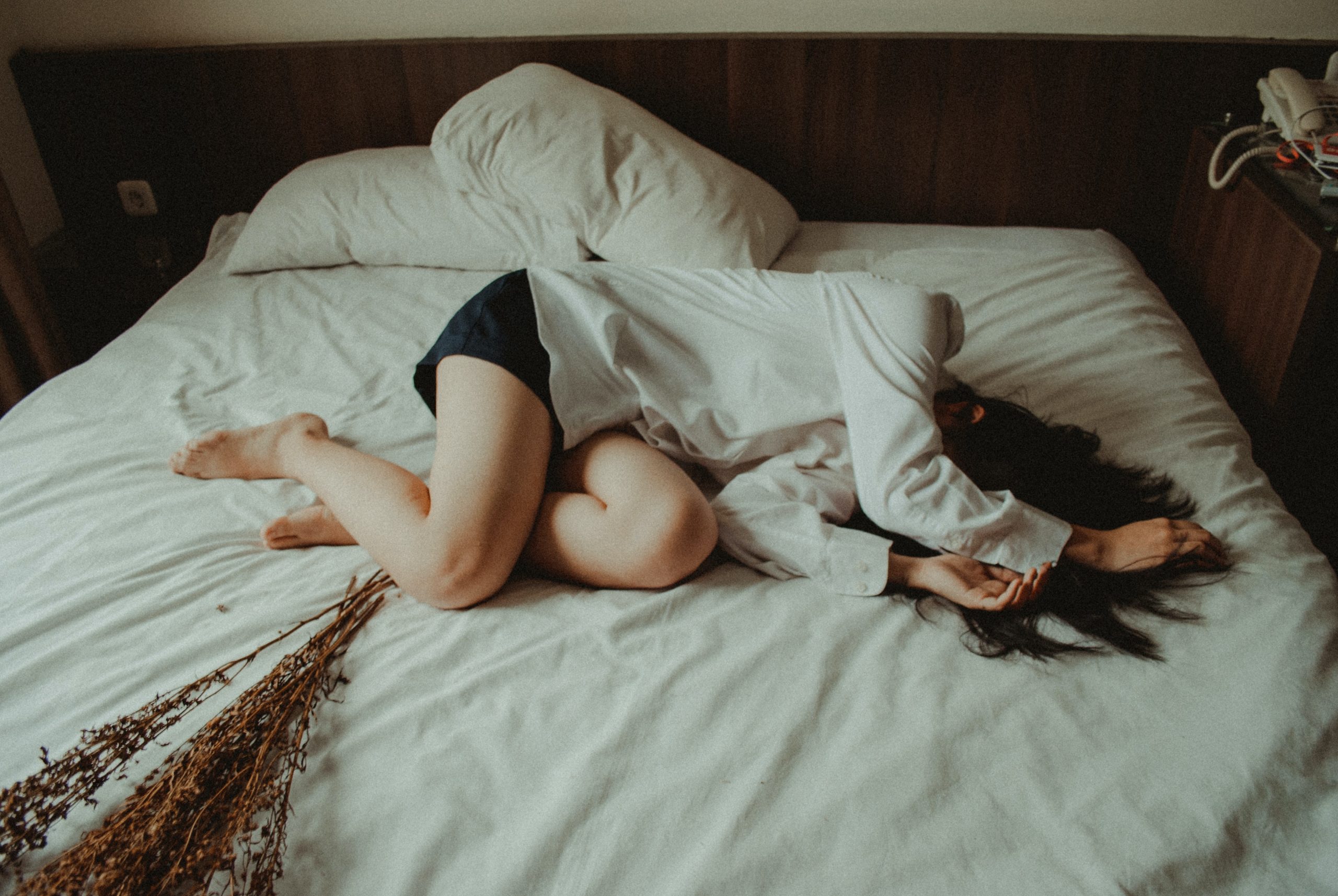The necessity of sleep is a fundamental aspect of human well-being, highlighted by sleep expert Dr. W. Chris Winter, who wittily ranks it alongside life’s pleasures. Unfortunately, insufficient sleep can lead to serious health issues such as diabetes, heart disease, obesity, and depression.
Good sleep hygiene is critical, encompassing habits like exercising, sticking to a sleep schedule and creating an optimal sleep environment. Yet, these efforts only sometimes guarantee restful sleep. Dr. Winter reassures that occasional sleep disturbances are not catastrophic, emphasizing that ongoing anxiety about sleeplessness can lead to insomnia.
To address those nights filled with frustration, Dr. Winter advises recognizing the value of rest. Closing your eyes and lying still is beneficial both physically and cognitively. He suggests shifting the focus from trying to sleep to being at peace with wakefulness, removing the goal of ‘unconsciousness’ from the bedtime agenda.
Dr. Kuljeet Gill warns against using electronic devices at night. The blue light emitted can hinder melatonin production, exacerbating sleep troubles. Similarly, Dr. Alcibiades Rodriguez stresses that the bed should be reserved for sleep and sex only. Associating the bed with other activities can condition the brain to remain alert.
Expert Tips for Sleep Anxiety and Better Rest

If sleep remains elusive, experts recommend leaving the bed after 20 minutes to engage in a quiet activity like reading or meditation and to avoid watching the clock, as it can increase stress. Dr. Winter doesn’t endorse a set time for returning to bed, suggesting that one should only do so when sleepy to avoid additional stress.
Dr. Winter believes that the greater challenge is changing our perspective on sleep. Many seek quick fixes instead of addressing the underlying anxiety associated with insomnia. Recognizing that being awake in bed is not a dire issue, but rather a natural occurrence can alleviate the fear and pressure surrounding the act of sleeping.
In essence, while sleep is crucial, so is the need to approach it with the right mindset. The experts agree that cultivating a calm approach to bedtime, maintaining a conducive sleep environment, and avoiding behaviors that counteract relaxation are pivotal in fostering quality sleep. The journey to overcoming sleep difficulties involves embracing restfulness over rest and shedding the fear of wakefulness that fuels insomnia.


Comments are closed.